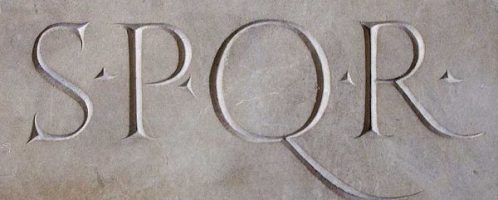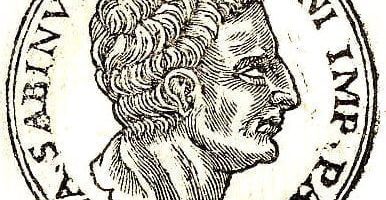Wild animals and tunnels
During the II war with the Mithridates (73-63 BCE), the Romans, headed by Lucullus to Pontus near the Black Sea coast and besieged the Pontic city of Themyscira1. According to Appian from Alexandria there was an unexpected defense strategy from the inhabitants.










